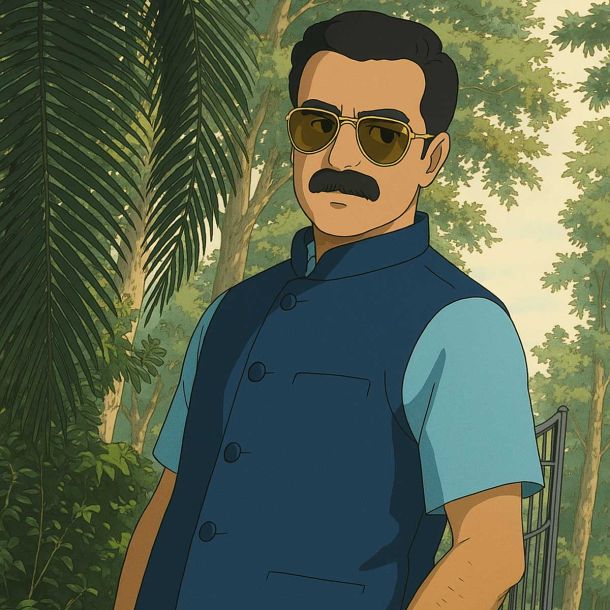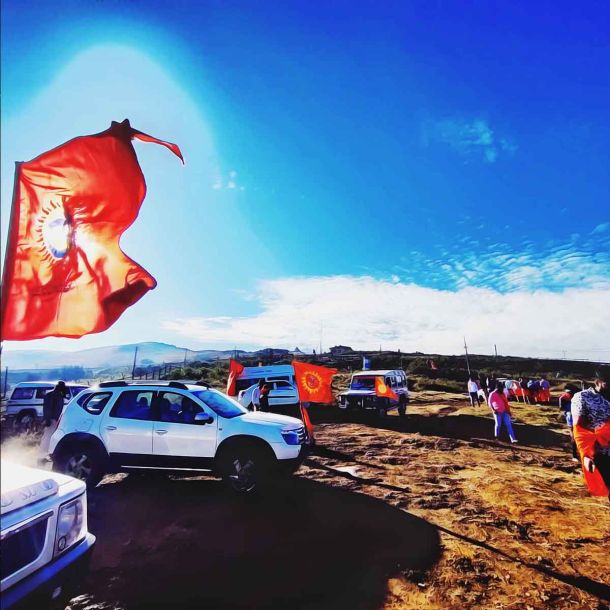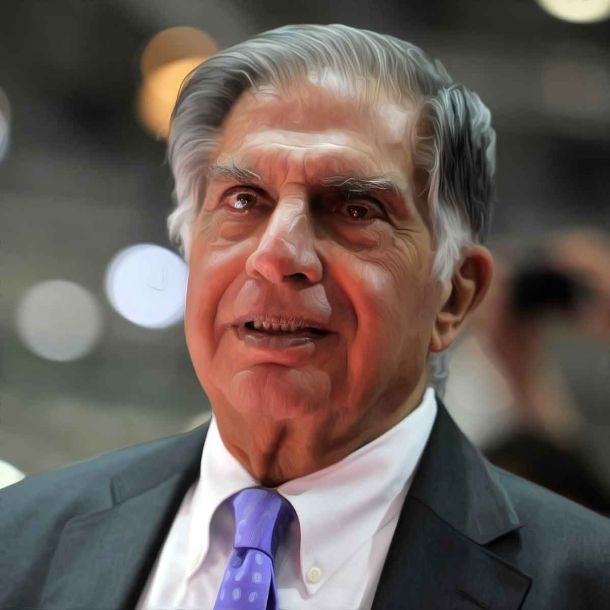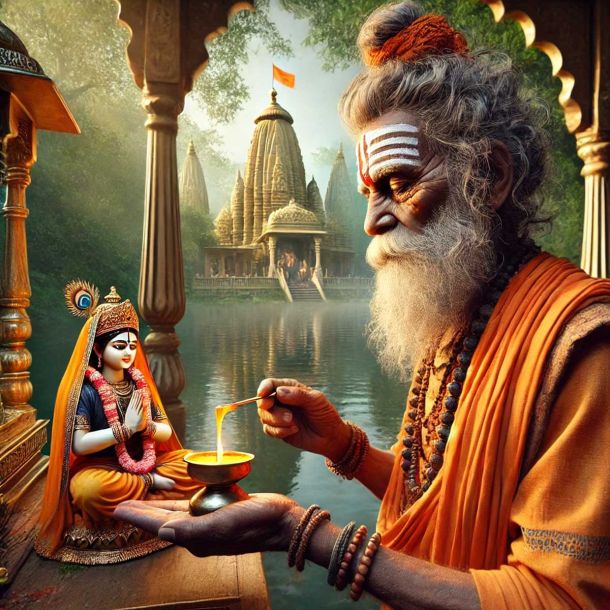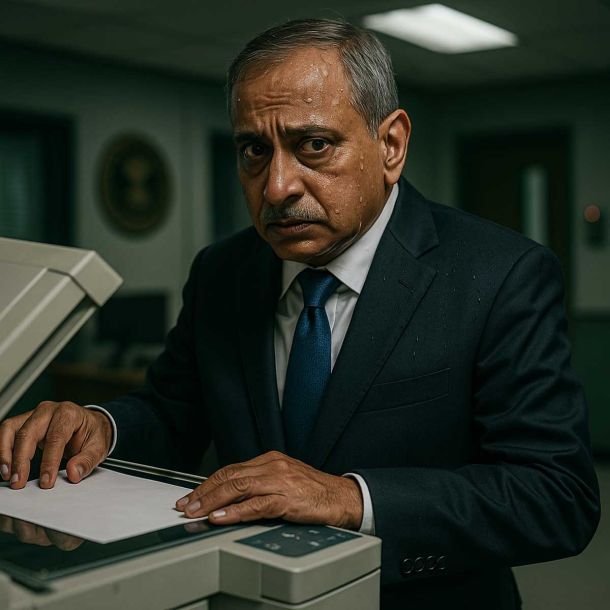More Coverage
Twitter Coverage
Satyaagrah
Written on
Satyaagrah
Written on
Satyaagrah
Written on
Satyaagrah
Written on
Satyaagrah
Written on
Join Satyaagrah Social Media
Tirot Singh: An Unsung Hero of the Khasi Tribe who destroyed British with his skill at Guerrilla Warfare
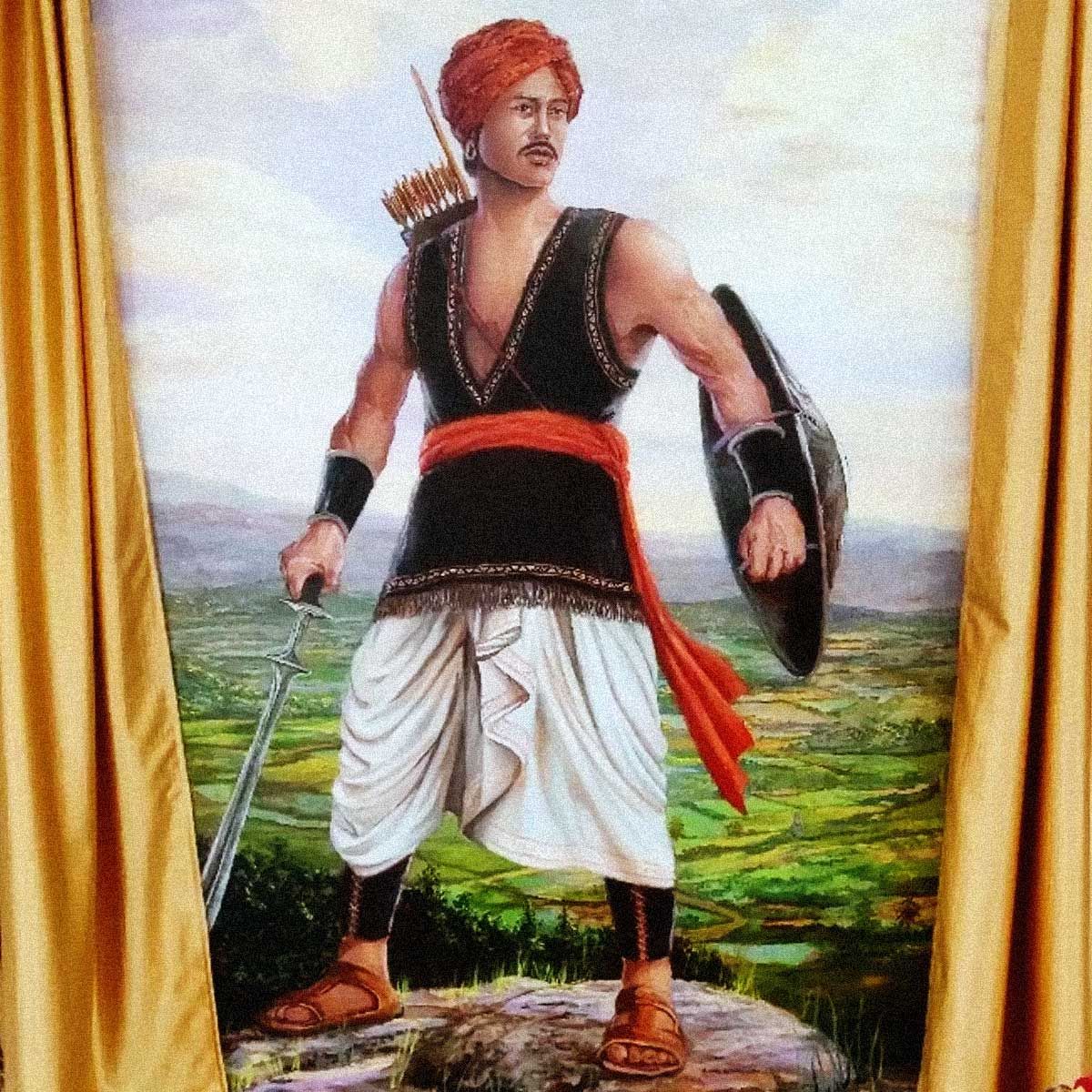
U Tirot Sing Day is a regional public holiday in the Indian state of Meghalaya on July 17th each year. This holiday honours Tirot Singh, a 19th-century freedom fighter from Meghalaya who led a revolt against the British.
In amongst the numerous religious and tribal festivals in the holidays of the northeastern states of India, there is a series of holidays dedicated to brave native tribal leaders who resisted the British occupation of their land in the 19th century. One of the greatest of these freedom fighters was U Tirot Sing.
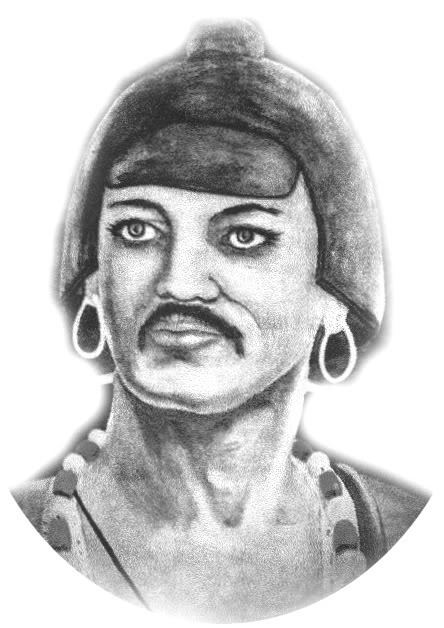 |
An undisputed hero of the land, martyr of the soil, unsung or celebrated, U Tirot Sing has carved a niche for himself in the annals of the country’s resistance to British occupation of India. U Tirot Sing is synonymous with the pride of the Khasis probably as the brightest iconic star of the tribe.
From the ramparts of the Red Fort, marking India’s 70th Independence Day, Prime Minister Narendra Modi elucidated his vision of bringing back tribal freedom fighters into the mainstream narrative. He said, “We want to have museums in each state dedicated to tribal freedom fighters, where their contributions and memoirs related to them would be displayed.”
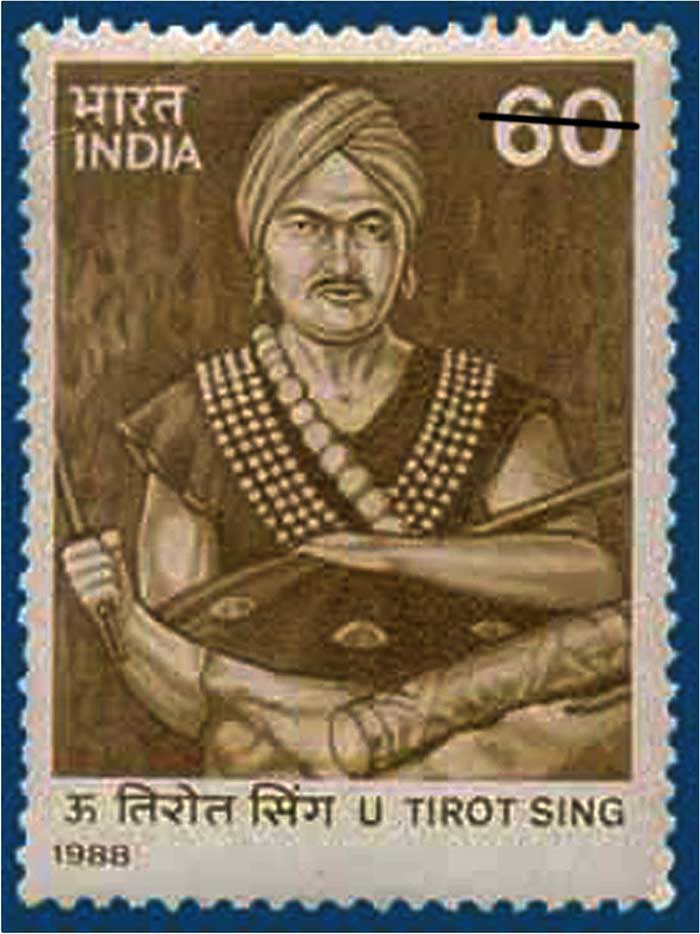 |
Unfortunately, syllabi in Indian schools still do not recognise the contribution of lesser known tribal freedom fighters. The British had imposed their system and way of working on the tribals. This resulted in a massive tribal uprising against the British. The first and foremost factor to recognise and acknowledge is that the tribals fought for India’s freedom at par with those in the mainstream. Be it water, forest or land, tribes fought for their rights against the British.
|
U Tirot Sing! The very utterance of his name instilled terror in the minds of the British for 4 long years from 1829 to 1833 in the Khasi Hills in Meghalaya. This Khasi king of a principality in Meghalaya did not bow to the supremacy of the British. He did not surrender to their oppression and injustice or let his people suffer at the colonial enemy’s hands. He kept the flame of freedom struggle alive and inspired the neighboring kingdoms of the Northeast to rise in revolt against the British.
U Tirot Sing was the king of Nongkhlaw, a principality located in the Khasi Hills of Meghalaya. He was also the constitutional head of leading clans within his territory. He drew his lineage from the Syiemlieh clan of the Khasi tribe that migrated from Central Mongolia through Kashmir to Assam and the Khasi hills.
The British established their supremacy in parts of the northeastern states after the Treaty of Yandaboo signed in 1826 with Burma. It was a peace treaty that led to the end of the First Anglo-Burmese War. This war that continued for two years led to the death of fifteen thousand European and Indian soldiers. As per the treaty, the British would occupy Assam, Manipur, Rakhine (Arakan), and the Taninthayi (Tenasserim) coast south of the Salween River besides supremacy in Cachar and the Jaintia Hills district. After the treaty was signed, the British planted tea gardens in most of these places and stationed British planters and forces.
The road leading from the Brahmaputra valley to Cachar and other regions of the Barak valley was hilly, treacherous, and daunting. There were no direct roads that connected the two valleys. Before the treaty of Yandaboo was signed, the British had already established their supremacy in the Barak valley. After the treaty was signed, the British found it difficult and time consuming to maintain a communication link between the two valleys.
The British wanted to establish a strategic road to link the two valleys, from Guwahati to Sylhet. That would mean it should be constructed via the Khasi hills for the road to be short and less time consuming. Passage through the Khasi hills would save the British several weeks of time.
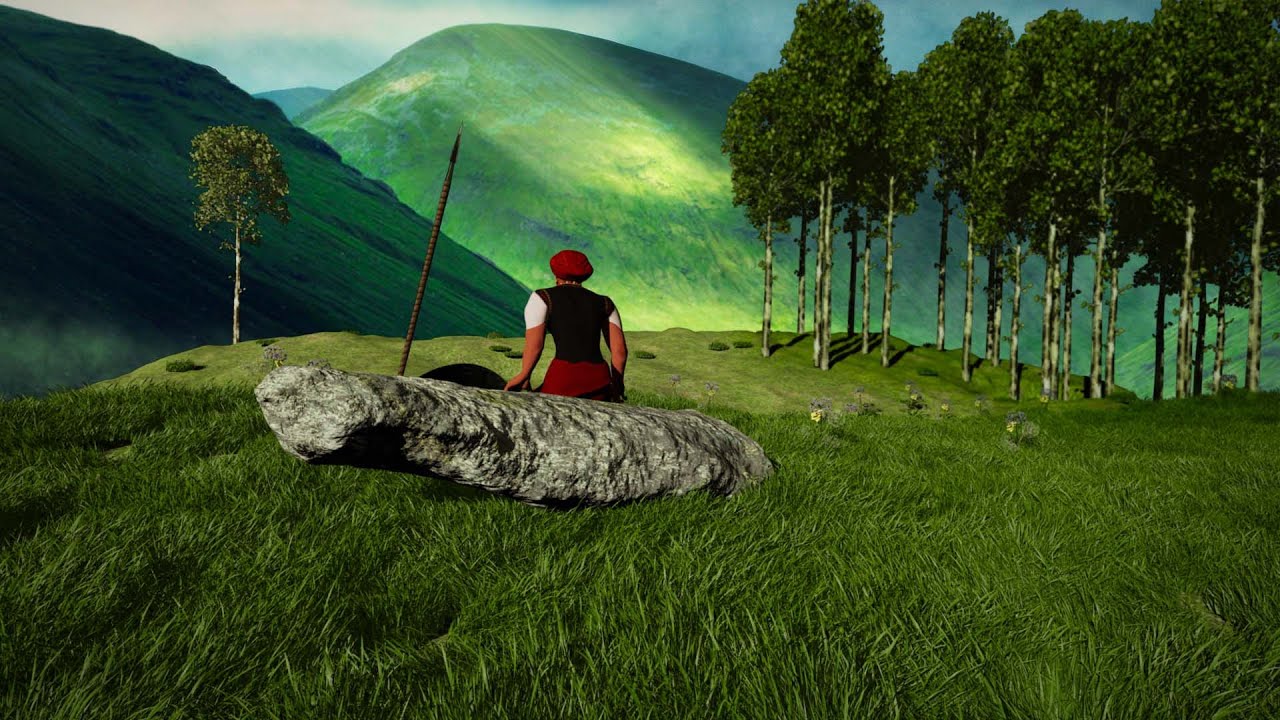 |
David Scott, the political agent of the British for the northern territory, approached U Tirot Sing, seeking permission for the construction of a road through his kingdom. David Scott promised free trade for the Khasis with other regions through this road once the road project was completed. Scott also promised to give Tirot Sing complete control over Bordwar (territory that leads to passage to Assam) in the Meghalaya Assam border.
U Tirot Sing summoned all the chiefs of the leading clans and convened a session in his durbar. He presented to the chiefs the proposal presented by the British. The discussion went on for two days with few opposing and few agreeing. And then it was decided that Tirot Sing would give his consent to the British proposal. One key reason was that good roads in the Khasi Hills would also benefit the local tribes. Moreover, the proposals forwarded by the British were advantageous for the Khasis. Little did the Khasis know the clever policy of the British!
Following the acceptance of the proposal, a British garrison with labourers to construct the road was posted at Nongkhlaw. The construction process started in full swing.
Meanwhile, the British reinforced their forces stationed in Guwahati and Sylhet. Why increase forces and add more weapons to the artillery when there were no wars to be fought in the near future? Moreover, the British temporarily set up bases only for the purpose of road construction. Tirot Sing came to know about this development. He sensed the ulterior motive of the British to ultimately grab the entire hill territory cleverly and treacherously.
Tirot Sing immediately served a notice to the British to quit Nongkhlaw. But the British did not pay any heed to the notice. Neither did they think it important to discuss with the Khasi chief related to the notice. They continued with their construction activities. Meanwhile, the British stationed more British officers and laborers in other posts across the Khasi hills in the name of road construction.
During this time, Balaram Singh, Raja of Ranee, another principality of Meghalaya, disputed U Tirot Sing’s claims to the Bordwar. To establish his claim U Tirot Sing marched towards Bordwar in December 1828. The British forces blocked his way to proceed further.
This angered Tirot Sing and the ulterior motive of the British trying to establish their supremacy in the Khasi hills was further demonstrated.
Tirot Sing declared war against the British. On 4th April 1829, the Khasi army under Tirot Sing attacked the British garrison at Nongkhlaw. Several British officers were killed. The British immediately responded. They send fresh troops with artillery to the Khasi hills to control the situation.
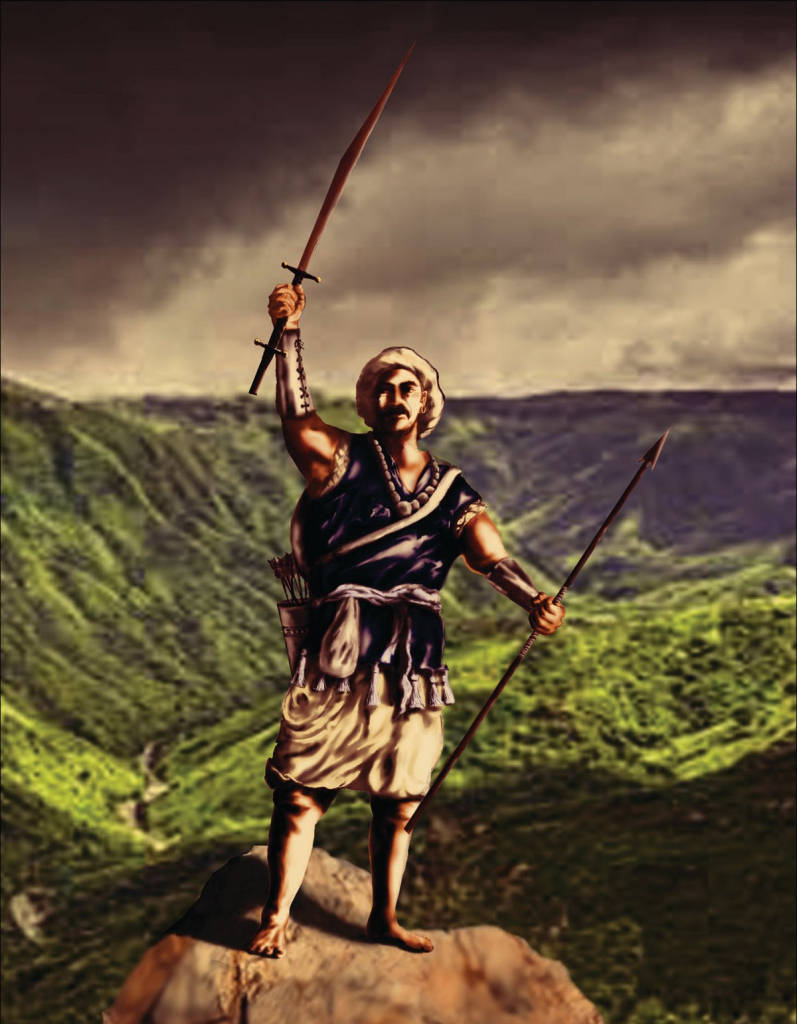 |
The open battle led to the martyrdom of many Khasi warriors. The Khasi army, equipped with swords, shields, bows and arrows were no match to the British forces who were equipped with firearms and killed the opposite forces from a distance.
If this open war were to continue, the British would certainly win. Tirot Sing devised a plan. He held a meeting with the other chiefs and together they decided to employ guerrilla warfare techniques. The guerrilla warfare involved involvement of a small group of combatants in ambushes, hit-and-run tactics, sabotage, raids, etc. using arms.
He selected special bands of warriors and deployed them in secret caves in the hills to produce ammunition. They terrorized the British officers posted in the Khasi hills by conducting lethal night raids on their outposts. They also employed various locally-developed techniques of guerilla warfare. They used the knowledge of their hilly terrain to their utmost advantage. Tirot Sing’s patriotic valour could not be dampened even after he sustained a severe bullet injury. He was known for his deft organizational skills, supported by efficient spies. His immortal words – “Better to die an independent king than reign as the vassal” – infused strength and courage among his people.
|
Tirot Sing perfectly gave shape to his strategy, attacking the British in small groups in different places. He organized the Khasi chiefs from other principalities and together they created terror amongst the British. His advantage was his familiarity with the hilly terrain of the region.
Tirot Sing mastered the art of guerrilla warfare. He himself trained his men. The emergency situation led to the requirement of more arms. Sing entrusted a select band of Khasi warriors and deployed them in caves to manufacture tribal weapons. He also entrusted spies all over the region to stay updated about any movement from the British. Accordingly, he planned every attack. The Khasi king and his men conducted night raids on the British outposts. A number of the British units were destroyed and many Britishers were massacred. This worried the British. The remaining Britishers stationed in the Khasi hills stayed in panic.
Additional forces were sent by the British in the Khasi hills. Tirot Sing and his men hid in secret caves. They continued with their guerrilla warfare tactics. The British carried out search operations in each and every corner of Khasi hills to capture Tirot Sing but in vain. This continued for four long years!
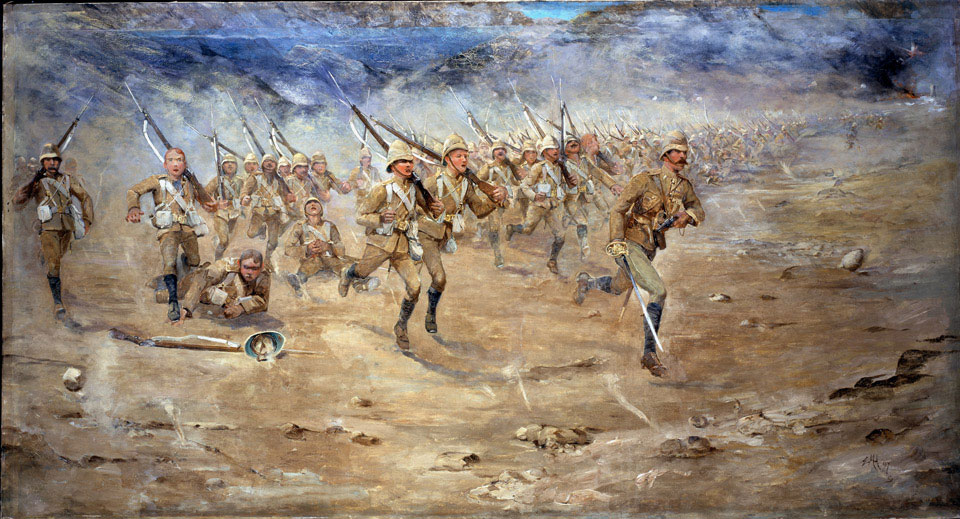 |
Kanaiyalal Maneklal Munshi, freedom fighter, politician, founder of Bharatiya Vidya Bhavan, and author wrote about Tirot Sing, “Tirot Sing, and his 10,000-man army, evaded the British and occasionally swooped down upon the plains, causing alarm all over Assam. Once the panic was so great that even in Guwahati, the headquarters of the British, large numbers of people including high officials kept boats ready to evacuate at a moment’s notice.”
It is but a fact that during Mughal and British rule, many Indians themselves were traitors. Had these traitors not existed there would have been no Mughal or British rule. It is because of these traitors that Mughals and British ruled India for a long time.
The British were successful in luring a Khasi chief with gold coins to pass on information about the whereabouts of Tirot Sing. Based on the information provided by the traitor chief, the British were able to capture the Khasi king on January 13, 1833. Had the traitor not informed the British about Sing’s whereabouts, the history of Meghalaya would have been different!
The British imprisoned Tirot Sing at Dhaka Jail till he breathed his last on 17 July 1835.
Lord Curzon, the then Viceroy of India, in his tributes to U Kine Sing (successor of Tirot Sing) in 1903 said, “Not without courageous fighting and there is much to the credit of your nation in the regard of the long struggle which however lamentably commenced, exhibited the bravery and endurance of Tirot Sing.”
Sadly Tirot Sing and his contribution have been reduced to a little known figure. It is time India remembers and pays fitting tribute to this heroic tribal figure who was the last independent king of the Khasis. Even though Tirot Sing was eventually arrested, he had assured himself a place of honour and distinction in the history of freedom fighters of India who sacrificed their all in the long struggle.
|
Tribal communities have been an integral part of our civilisation. Jaravas in parts of Andaman are said to have ancient origins. It is imperative for us to establish an umbilical cord with them. Otherwise the pace at which the erosion of tribal culture is rampant we will have no tribal legacy left for our future generations. The makers of our Constitution were people of vision and foresight. By providing opportunities in education and empowerment for the tribal communities, the state has rightly indulged in positive upliftment of our tribal brethren. Late PA Sangma went on to become the Speaker of Lok Sabha. India needs more leaders from the community.
Salute to Tirot Sing! Jai Hind!
References:
dnaindia.com - Guru Prakash,Sudarshan Ramabadran
arisebharat.com - By Dr. Ankita Dutta
Saffron Swords: Centuries of Indic Resistance to Invaders - Manoshi Sinha Rawal, Yogaditya Singh Rawal
 Support Us
Support Us
Satyagraha was born from the heart of our land, with an undying aim to unveil the true essence of Bharat. It seeks to illuminate the hidden tales of our valiant freedom fighters and the rich chronicles that haven't yet sung their complete melody in the mainstream.
While platforms like NDTV and 'The Wire' effortlessly garner funds under the banner of safeguarding democracy, we at Satyagraha walk a different path. Our strength and resonance come from you. In this journey to weave a stronger Bharat, every little contribution amplifies our voice. Let's come together, contribute as you can, and champion the true spirit of our nation.
 |  |  |
| ICICI Bank of Satyaagrah | Razorpay Bank of Satyaagrah | PayPal Bank of Satyaagrah - For International Payments |
If all above doesn't work, then try the LINK below:
Please share the article on other platforms
DISCLAIMER: The author is solely responsible for the views expressed in this article. The author carries the responsibility for citing and/or licensing of images utilized within the text. The website also frequently uses non-commercial images for representational purposes only in line with the article. We are not responsible for the authenticity of such images. If some images have a copyright issue, we request the person/entity to contact us at This email address is being protected from spambots. You need JavaScript enabled to view it. and we will take the necessary actions to resolve the issue.
Related Articles
- Kartar Singh Sarabha - The Freedom fighter who was Hanged at the age of 19 and inspired Bhagat Singh
- Freedom struggle of Gurjars against Britishers at Koonja in 1824: 100s of Gurjars Martyred and 100s Hung in Single Tree
- Unsung Heroine Pritilata Waddedar, Who Shook The British Raj at the age of 21
- 16 year old freedom fighter Shivdevi Tomar, who killed 17 Britishers and wounded many
- Our first true war of independence lie forgotten within the fog of time and tomes of propaganda: Sanyasi Rebellion, when "renouncers of the material world" lead peasants in revolt against British and fundamentalist islamic clans
- 21-yr-old girl Bina Das shot Bengal Governor in her convocation programme at Calcutta University, got Padma Shri but died in penury
- Rana Sanga, the symbol of bravery who defeated Sultan Ibrahim Lodhi and fought Muslim Terrorists for Hindu Existence
- Dangers of losing our identity: Guru Tegh Bahadur forgotten and Aurangzeb being glorified
- A Great man Beyond Criticism - Martyrdom of Shaheed Bhagat Singh (Some Hidden Facts)
- अथ रामचरितमानस प्रकाशन कथा: गीता प्रेस, गोरखपुर ने 1938 से रामचरितमानस का प्रकाशन शुरू किया
- How Chhatrapati Shivaji Maharaj was establishing Hindu Samrajya by concluding centuries of Islamic oppression - Historian GB Mehandale destroys secular propaganda against Hindu Samrajya Divas
- How Britishers were challenged by 83 year old Ropuiliani in Mizoram in 1892-’93
- Birsa Munda: The tribal folk hero who was God to his people by the age of 25
- Chronicles of Valour- The Battle of Haldighati
- Jhalkaribai: The Indian Rebellion Of 1857 Who Took on British Forces Disguised as Laxmibai
